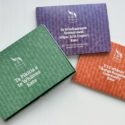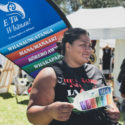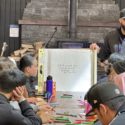A major review of contemporary Māori research on Māori living with violence and sexual violence reaffirms what indigenous practitioners and whānau-centred kaupapa already know.
Solutions to breaking the intergenerational cycle of violence and trauma for whānau already exist within te ao Māori, and kaupapa Māori approaches can be effective in other cultures too.
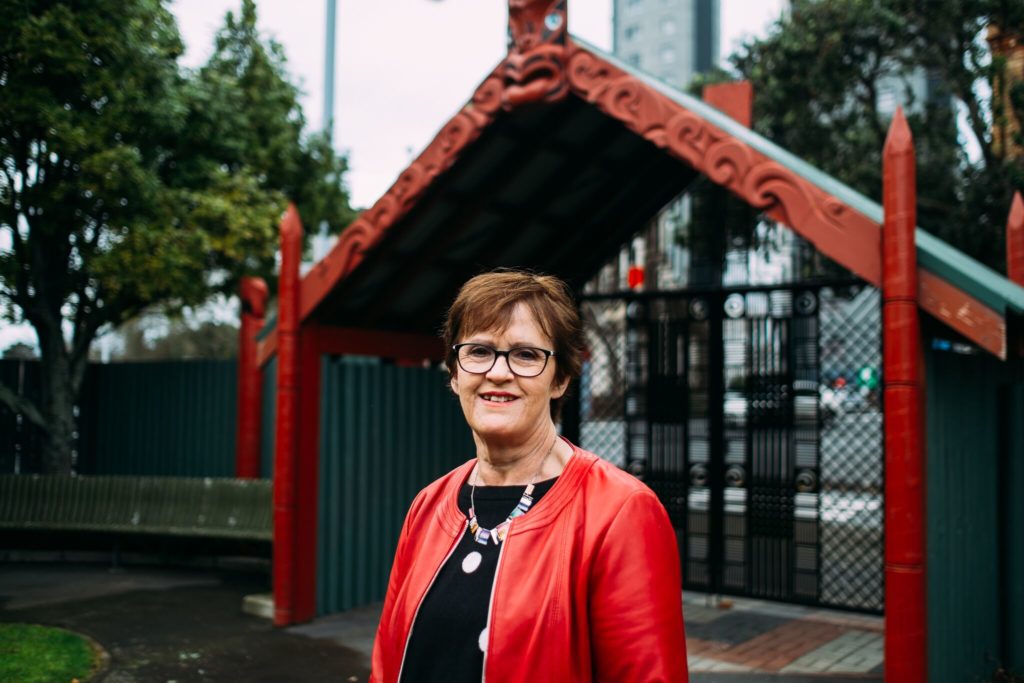
In A Litany of Sound revisited*, Associate Dean of Māori Advancement and Professor in Māori Health at AUT, Denise Wilson (Tainui, Ngāti Porouki Harataunga, Whakatōhea, Ngāti Oneone, Ngāti Tūwharetoa), concludes that eliminating violence and mahi tūkino (sexual abuse) affecting whānau Māori must be a collective effort led by Māori.
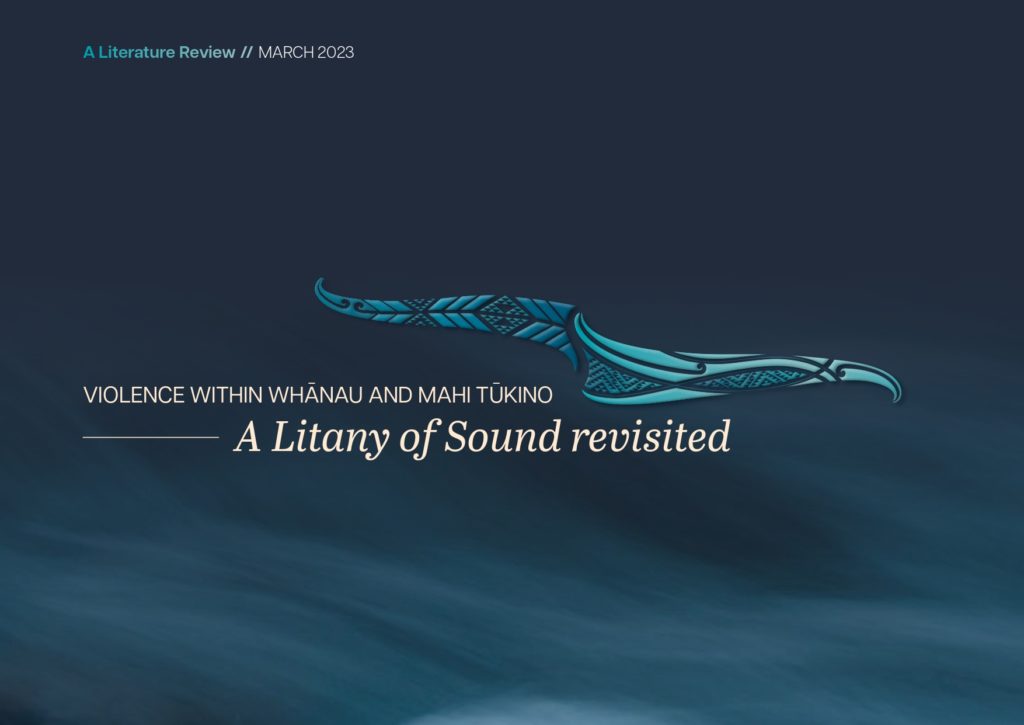
Professor Wilson highlights E Tū Whānau as one community-led kaupapa taking such a culturally responsive approach.
“One of the main points to emerge from the research is the importance whānau place on retaining their cultural values, beliefs, and worldview. Before colonisation, it was everybody’s responsibility to look after each other and it was our tikanga and cultural values that kept us safe and well.
Violence against women and children within whānau and the wider hapū was a serious transgression against whakapapa. It was not tolerated and when it occurred, it was addressed swiftly and harshly. These tikanga were eroded with colonisation.”
Professor Denise Wilson
Reclaiming Māori knowledge and tools supports change
Professor Wilson knows that some New Zealanders feel uncomfortable, ‘going back there’.
“But when we’re talking about Māori being overrepresented in crime and mortality associated with family and sexual violence, these historical facts are important.
They remain key to recognising that Māori have always had the knowledge and the tools to keep us safe and well.“
Professor Denise Wilson
Reclaiming and restoring this mātauranga, says Professor Wilson, is part of our contemporary journey.
“And I say ‘reclaiming’ because research shows that these traditional practices have survived, often in unconscious ways.”
She says that E Tū Whānau has always understood this.
“This is reflected in its strength-based values and the way it works with communities. It’s grounded in community and, importantly, moves at that community’s pace.
E Tū Whānau empowers those it supports to make changes and create the shifts and time frames that are useful for that particular community.”
Professor Denise Wilson
Relationships are fundamental to kaupapa Māori
Professor Wilson says that because E Tū Whānau is grounded in Māori kaupapa, it naturally works in a relational way.
“It’s this relational, family and community-centred approach that fits so well with ethnic, former refugee, and migrant communities too.”
In her decades long, internationally renowned career in academic research into violence in whānau, Professor Wilson has found that those affected by family and sexual violence are always clear on one fundamental point.
“They tell us that having honest and safe conversations within whānau and hapū about these issues is the key to change.
And I believe that given the right environment, the right information, and the right support, whānau Māori and all communities in Aotearoa, are capable of making that change and being non-violent.”
Professor Denise Wilson
* A Litany of Sound revisited is a literature review commissioned by the independent Tangata Whenua Ministerial Advisory Group, Te Pūkotahitanga that brings together contemporary evidence on what works for Māori into one book.
Want more about E Tū Whānau ?
Learn more about mobilising whānau and communities for change, including the E Tū Whānau approach.
Read how:

